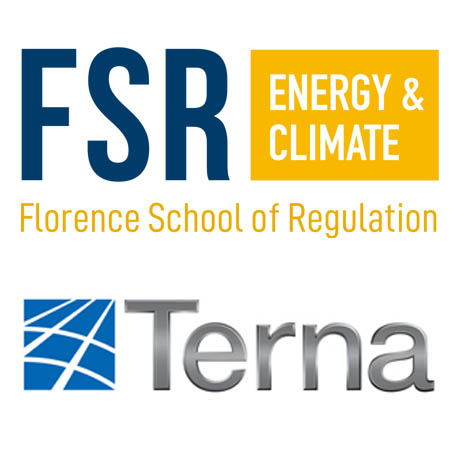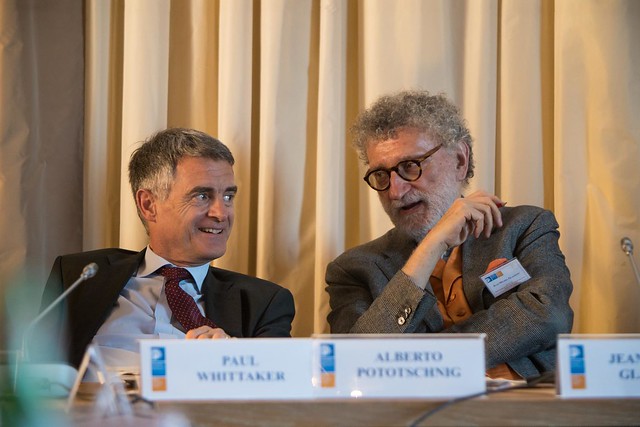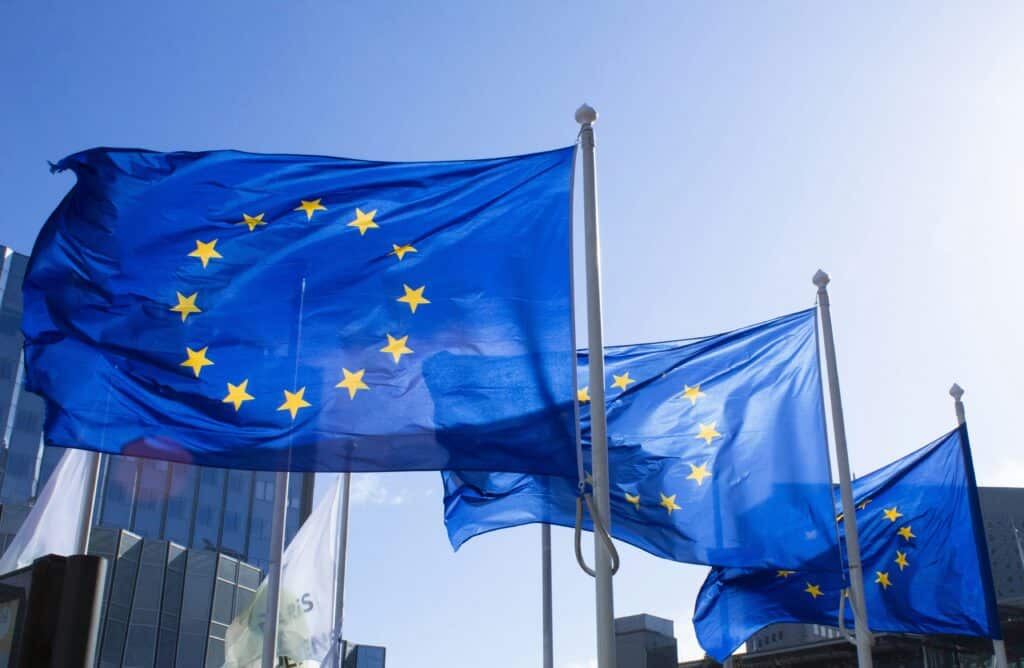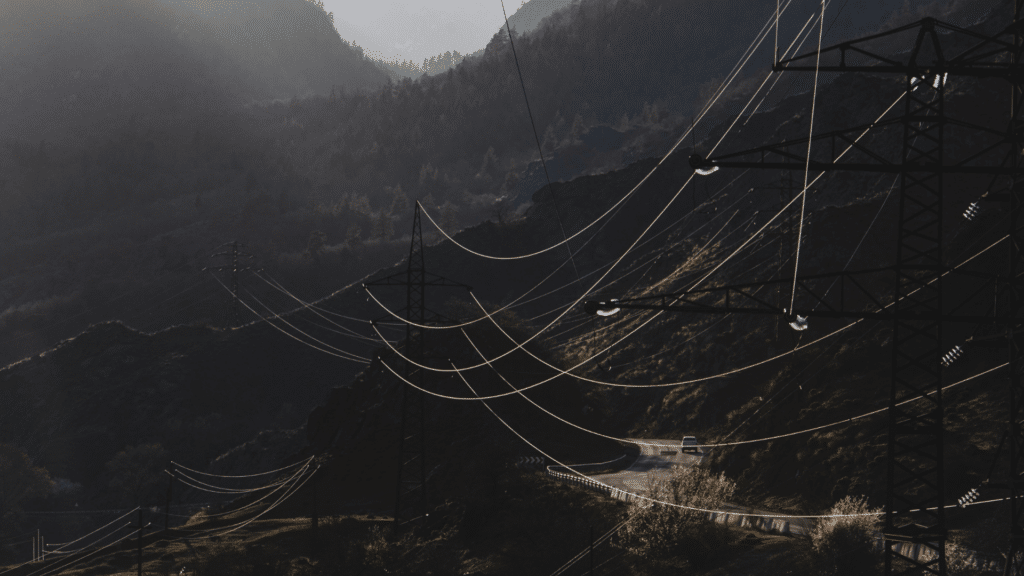On Friday 20th April, the Florence School of Regulation hosted the Executive Workshop: ‘Effective Solutions for RES Integration and the Goals of Clean Energy Package Proposals’, co-organized in cooperation with Terna, the Italian electricity TSO.
The event brought together representatives of the European Commission, ACER, National Regulatory Authorities and delegates from energy companies and consultancy firms, to discuss some of the most compelling challenges faced by the electricity sector in the current energy transition.
The first session investigated the possible solutions to foster RES integration in the European energy system. Participants have also been invited to discuss the challenges related with such integration and how RES will stimulate innovative technologies and the digital transformation of the electricity system. One principal concern arouse from the discussion: is a new market design needed in the long run? Or is the current model enough to face these upcoming challenges?
The second session aimed to provide a deeper understanding of the key concepts and provisions of the ‘Clean Energy Package for All Europeans’ and to analyse their possible impacts on the sector. Special focus was dedicated to the enhanced TSO/DSO coordination, to the gradual emergence of local energy communities, and to the ownership and control of storage assets. The discussion highlighted the necessity for the energy sector to move towards a holistic and more regional approach. Among the various proposals, participants have also investigated the opportunity of instituting a European regulatory authority.
The third session brainstormed ideas on how to facilitate infrastructure development, especially in the perspective of the Energy Union targets. The debate attempted to assess the necessity of building new infrastructures and how to do it in the best possible way.
Many questions and concerns were tackled during the lively discussion. Although it was not possible to provide clear and definitive answers, the event highlighted the importance of having common platforms and forums where different stakeholders can discuss, promote thinking and share experiences, thereby improving their readiness to react and adapt to an evolving energy system.







